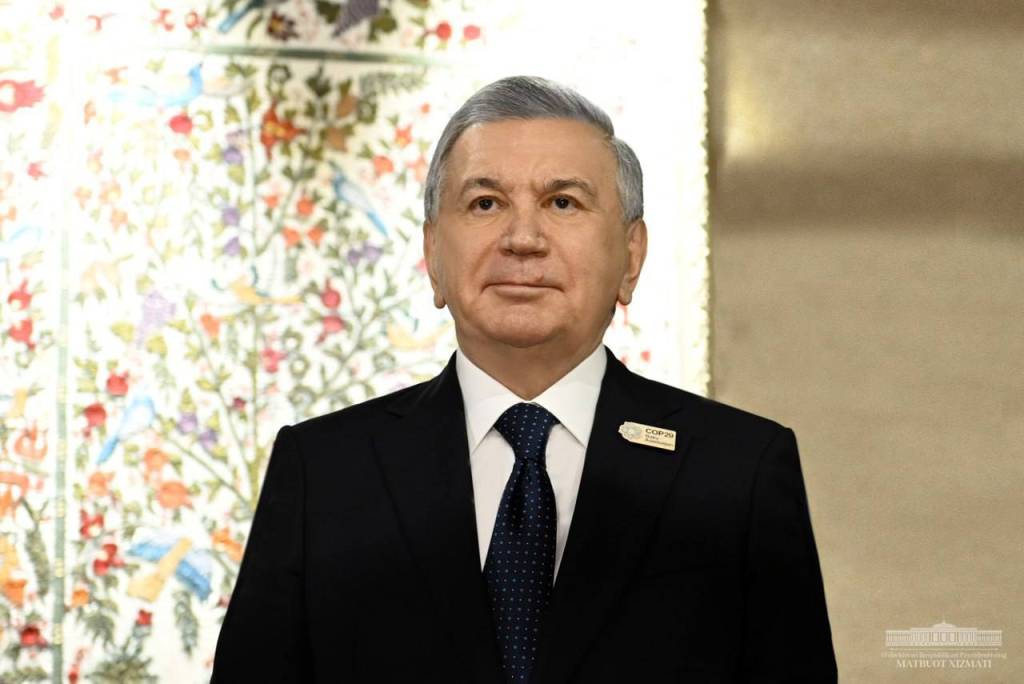
The President of the Republic of Uzbekistan Shavkat Mirziyoyev got acquainted with the National Pavilion of Uzbekistan, organized at the UN Climate Change Conference (COP29) in Baku.
The President of Uzbekistan was informed about the concept and planned events at the pavilion site.
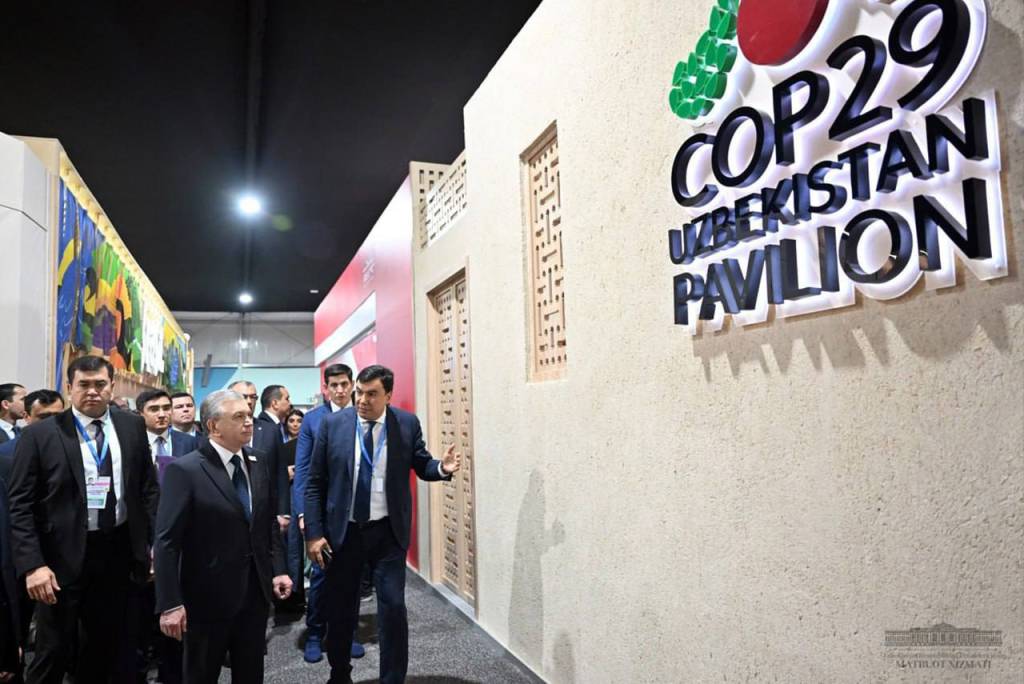
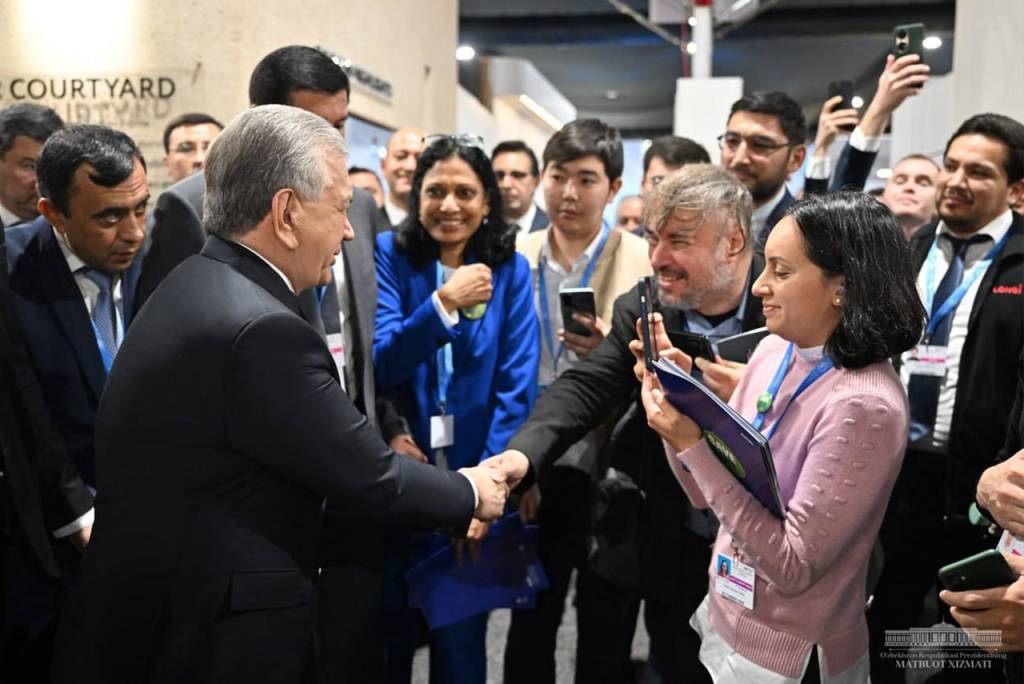
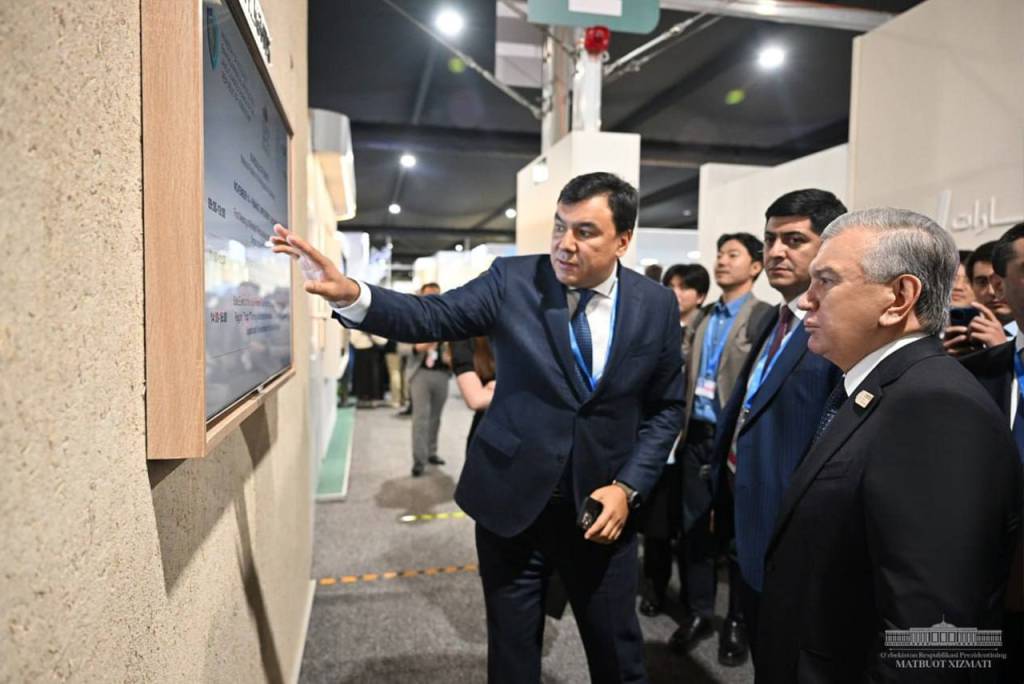
The pavilion is designed to demonstrate Uzbekistan’s unique cultural heritage and sustainable approaches to environmental and climate issues. The architectural concept of the pavilion, called “Sustainability Inside”, is based on the traditional Uzbek Hovli – a courtyard symbolizing the harmony of man with nature and family values.
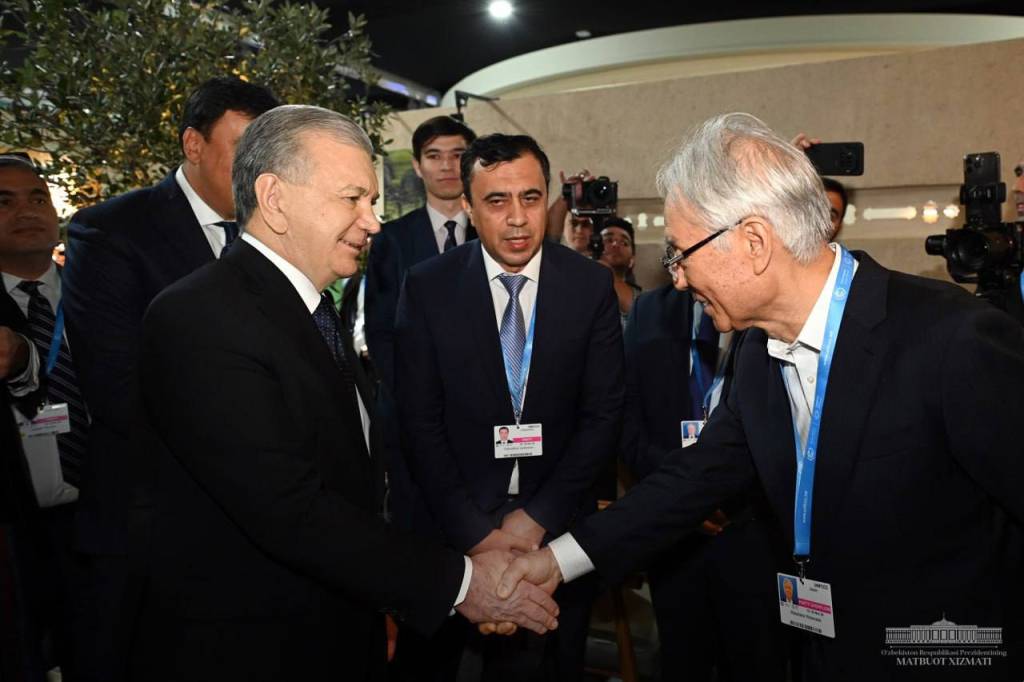
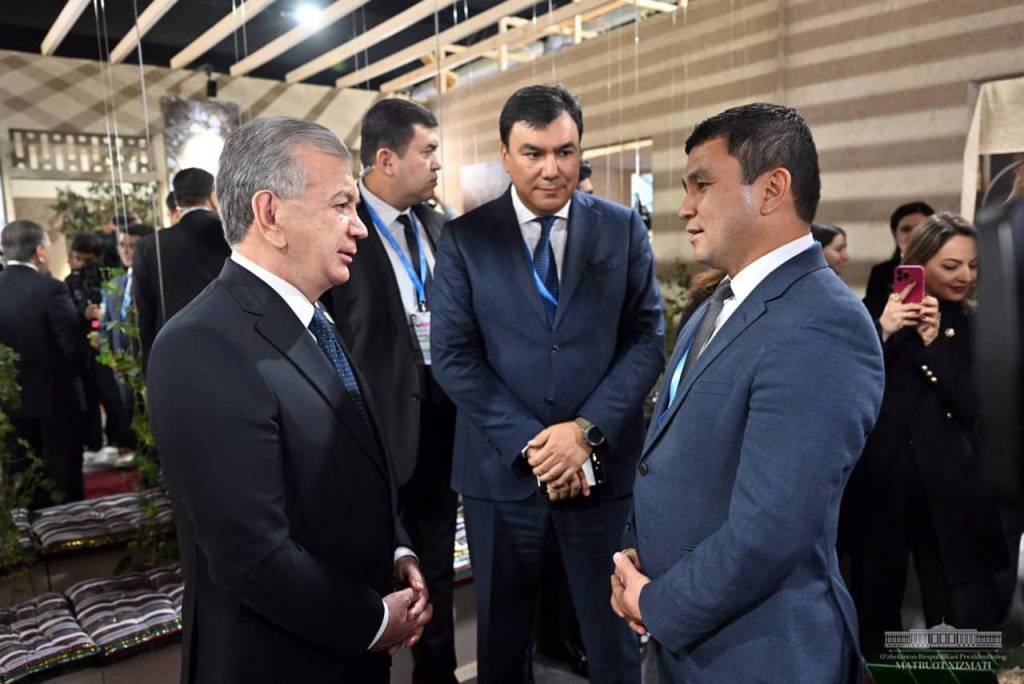
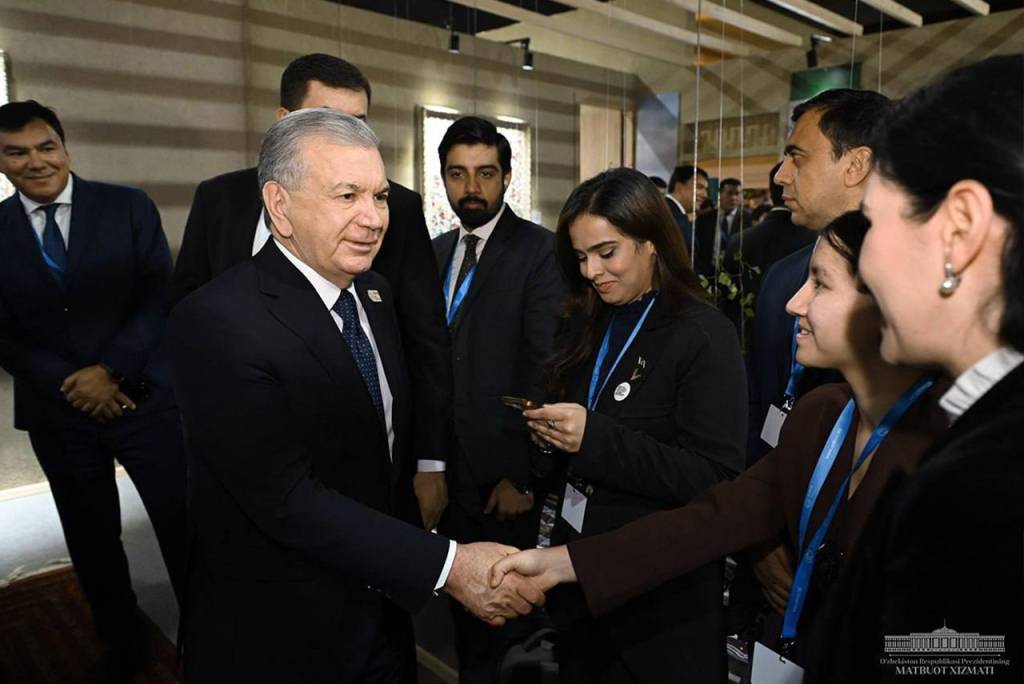
Made using environmentally friendly, traditional materials such as adobe plaster and wood, the pavilion is a harmonious space that combines elements of the Uzbek home, such as a terrace and tapchan. These architectural components provide a comfortable microclimate, maintain a cozy atmosphere, and reflect concern for a sustainable future.
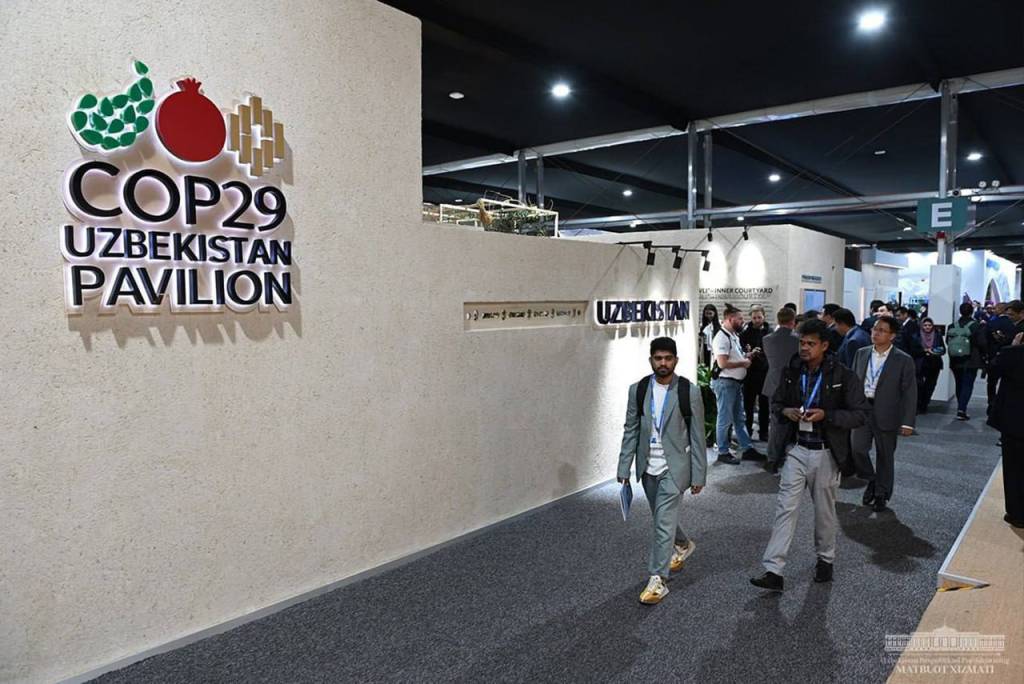
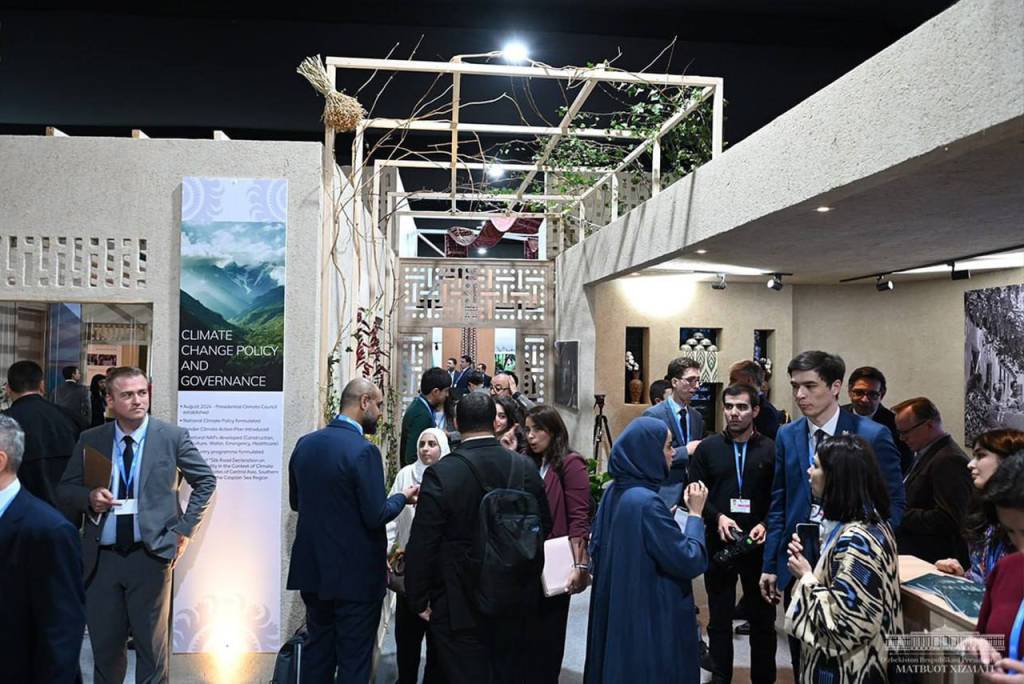
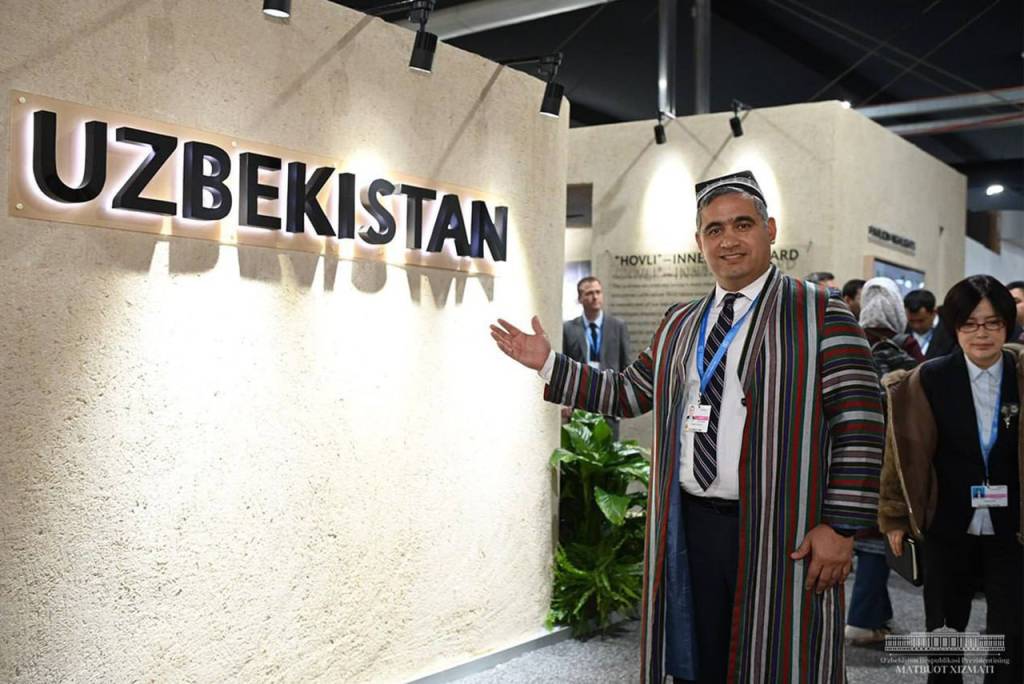
More than 20 side events are planned for the summit, dedicated to solving the socio-ecological problems of the Aral Sea region, developing a green economy, introducing renewable energy sources and water-saving technologies, ensuring food security, and preserving biodiversity.
UzA








